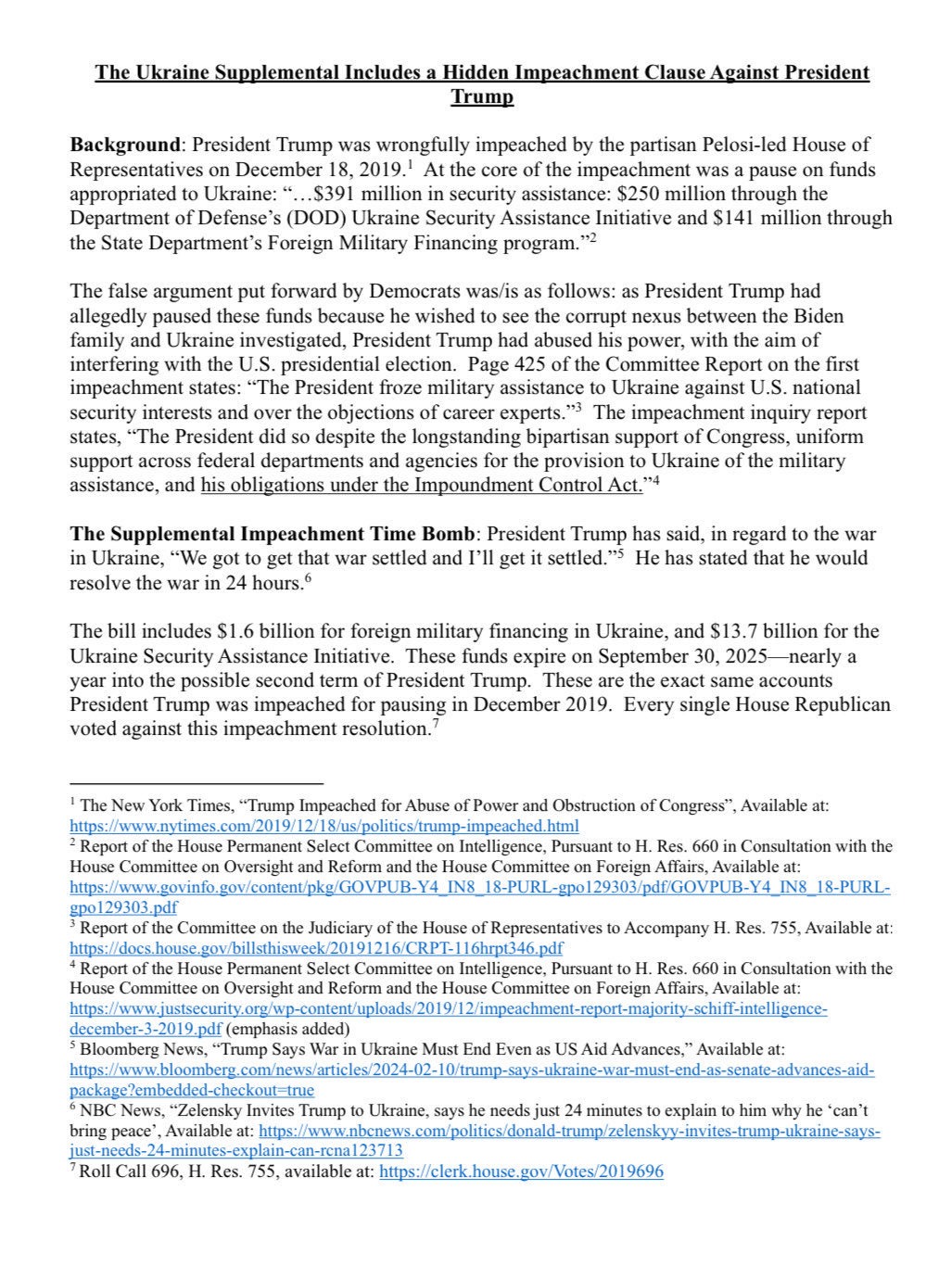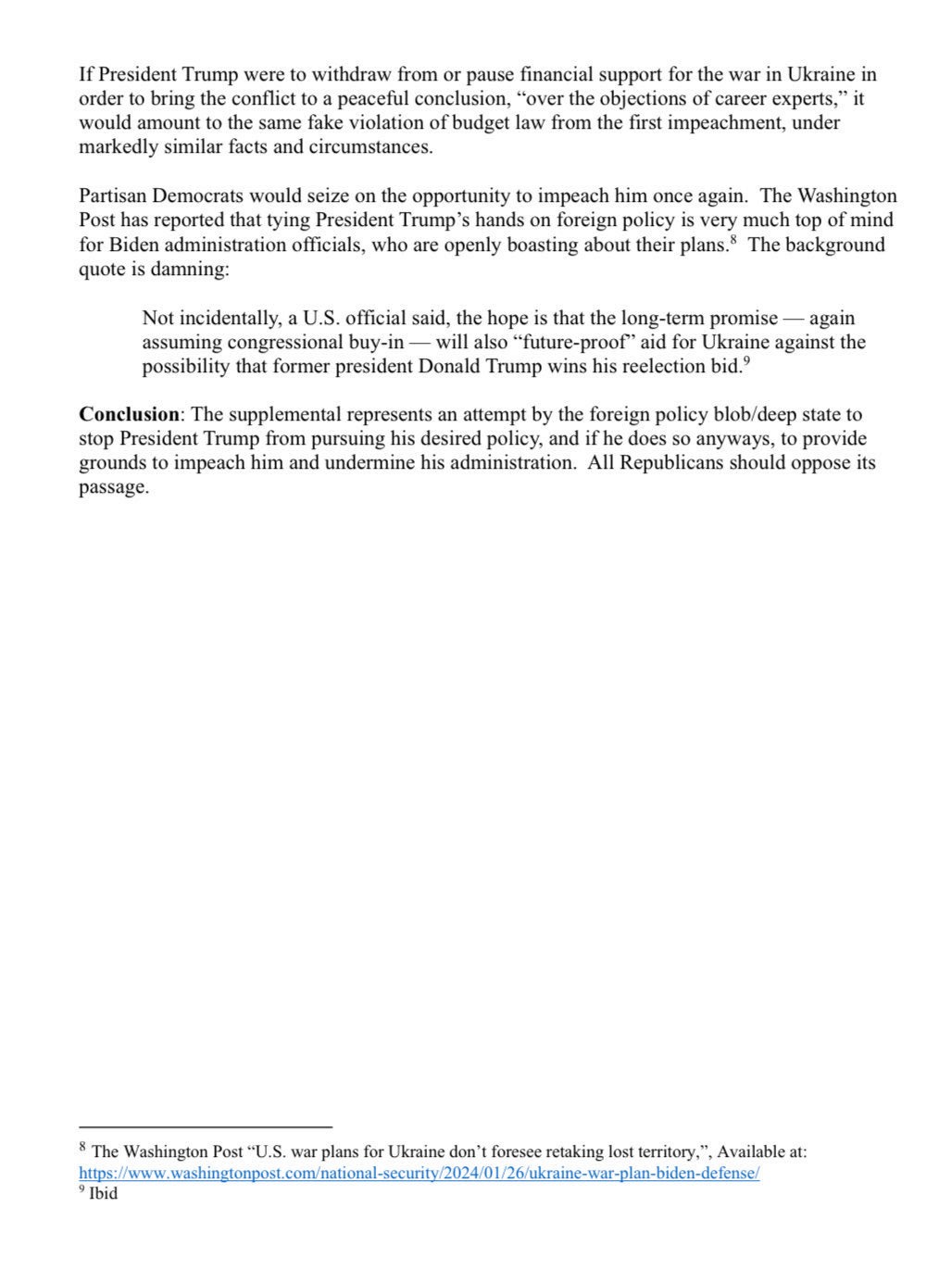
Senate’s Foreign Aid Dilemma: Perspectives on the $95 Billion Package
Senate Passes Controversial Foreign Aid Bill: A Deep Dive into the $95 Billion National Security Supplemental
The recent passage of the $95 billion national security supplemental package by the Senate has sparked significant debate and controversy. Let’s delve into the intricacies of this bill, the motivations behind it, and the implications it holds for key stakeholders.
The Senate approved a $95 billion national security supplemental package aimed at providing assistance to Ukraine, Israel, and the Indo-Pacific region. The package garnered bipartisan support, with 22 Republicans joining Democrats in voting yes. However, it faced opposition from some members of both parties, highlighting the contentious nature of the bill.
Allocation of Funds
The package allocates $60 billion for Ukraine, $14 billion for Israel, $9 billion for humanitarian assistance in Gaza, and nearly $5 billion for the Indo-Pacific region. This significant financial commitment underscores the United States’ strategic interests in these areas and its efforts to bolster regional stability and security.


Absence of Border Security Provisions
Notably, the bill does not include any provisions related to border security, a point of contention for many Republicans. Despite calls to offset the spending with cuts elsewhere and demands for stricter border controls, efforts to incorporate such measures were unsuccessful.
Keep Reading
Republican Opposition
Several Republican senators engaged in filibustering the bill, expressing concerns about its lack of border security provisions and the growing national debt. Some argued that the bill prioritizes foreign interests over domestic concerns, drawing criticism from within their own party.
Democratic Support and Criticism
While Democrats largely supported the bill, there were dissenting voices within the party, including Sens. Peter Welch, Jeff Merkley, and Bernie Sanders. Their opposition reflects broader debates within the Democratic Party regarding foreign aid and fiscal responsibility.
National Debt Concerns
The passage of the $95 billion supplemental package raises concerns about the escalating national debt, which has surpassed $34 trillion. Critics argue that the bill adds to the country’s financial burden without addressing pressing domestic issues.
Border Security Priorities
The absence of border security provisions in the bill has sparked debate about the government’s priorities. Some Republicans insist on securing the southern border before allocating significant funds to foreign aid, while others emphasize the importance of global engagement and leadership.
Global Commitments vs. Domestic Needs
The bill’s passage underscores the tension between global commitments and domestic needs. While proponents argue that the package is essential for maintaining international alliances and promoting democracy abroad, critics contend that it neglects urgent challenges at home, such as border security and economic recovery.
The Senate’s approval of the $95 billion national security supplemental package reflects the complex interplay of political, economic, and strategic considerations. As the bill moves forward, policymakers must navigate competing priorities and address the concerns raised by both supporters and opponents.




